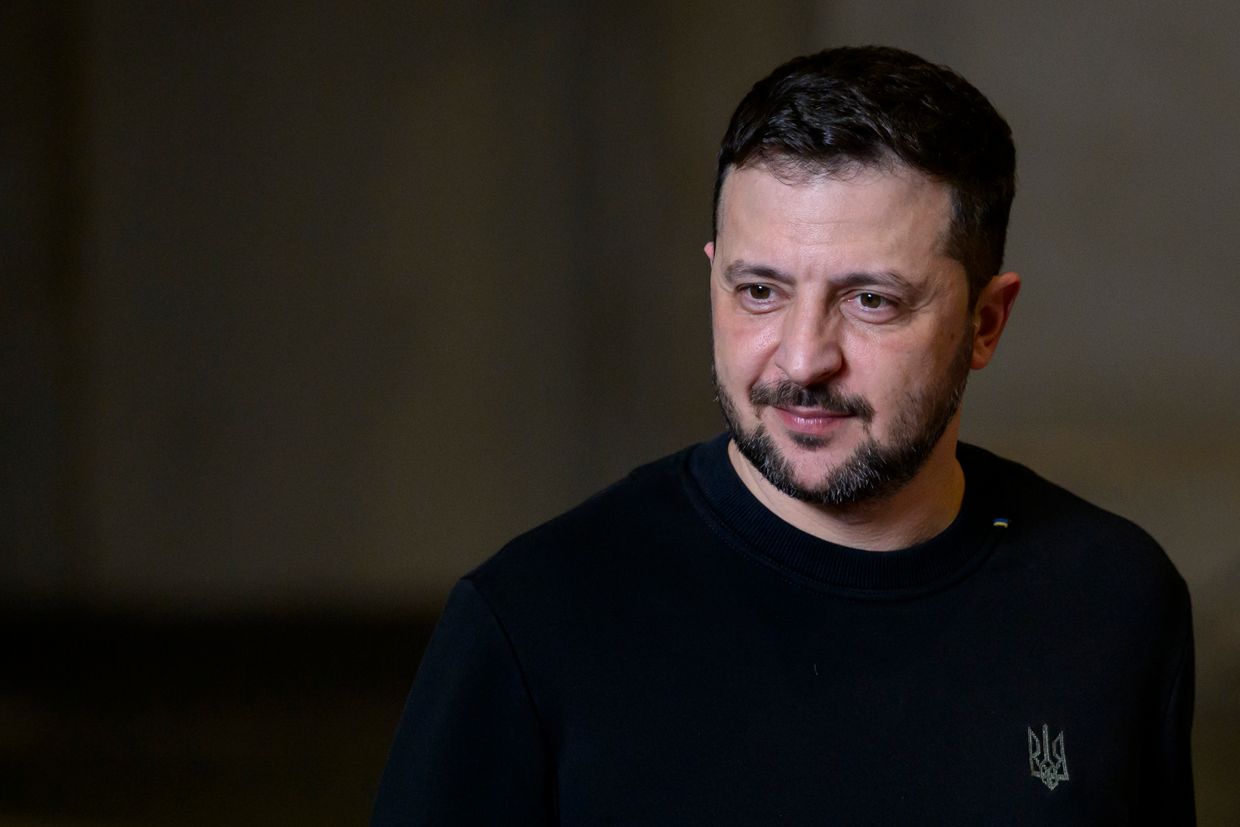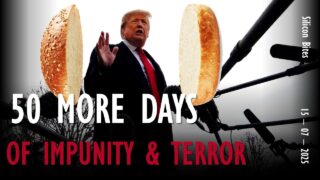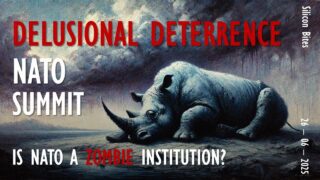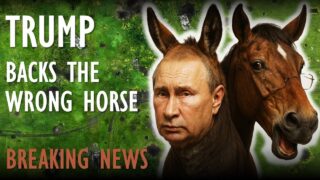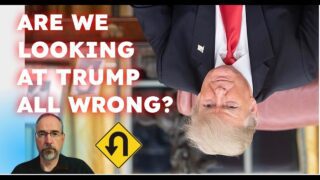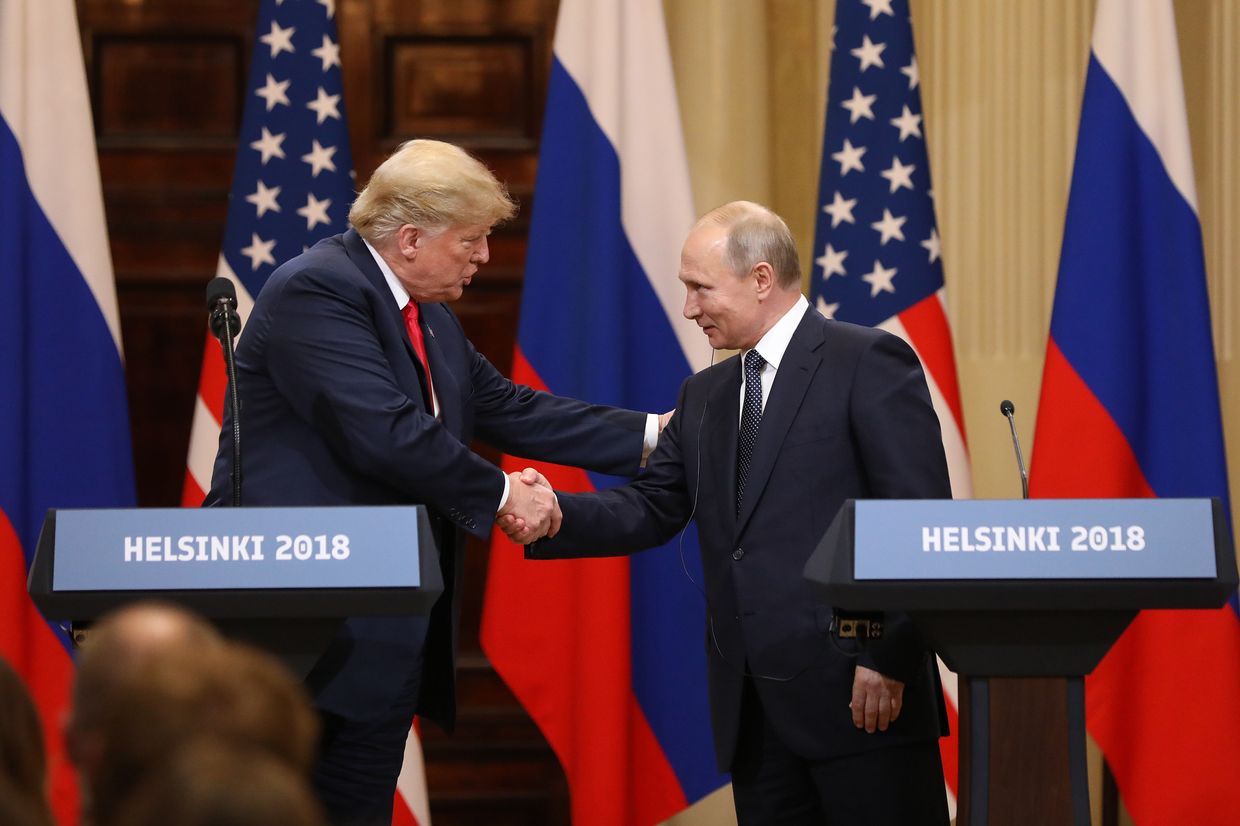
Putin to push for barring Ukraine's NATO accession in expected talks with Trump, FT reports
Russian President Vladimir Putin's main goals in any peace negotiations include prohibiting Ukraine from ever entering NATO and reducing allied military presence in the eastern flank, the Financial Times reported on Jan. 10, citing a former Kremlin official and a source who discussed the matter with Putin.
The news comes as the Kremlin signaled willingness to meet U.S. President-elect Donald Trump to hammer out a deal on ending Russia's war against Ukraine. No concrete plans or date have been set, though Moscow said any face-to-face meeting would occur only after Trump's inauguration on Jan. 20.
Trump vowed to bring Kyiv and Moscow to the negotiating table and swiftly end the full-scale war that nears its third anniversary. Earlier this week, he told reporters that arrangements for a meeting with Putin are underway.
The U.S. president-elect said previously that specific peace proposals are still being worked out. A pitch leaked from Trump's team — freezing the front lines, postponing Ukraine's NATO accession by 20 years, and deploying European peacekeepers on the ground — has already been rejected by Russia.
Trump's incoming peace envoy for Ukraine, Keith Kellogg, said that the president-elect's aim is not to "give something to Putin or the Russians" but to "save Ukraine and save their sovereignty." Nevertheless, Trump has often voiced sympathies for the Russian leader, prompting fears he might cut a deal unfavorable to Ukraine.
Putin's two reported main goals mirror demands raised by Moscow shortly before the start of the full-scale invasion. The Biden administration and NATO allies rejected the demands at the time.
Ukraine has ramped up its efforts to join the alliance after the outbreak of the full-scale war, calling in the best possible guarantee that Russia will not resume its aggression in the future. President Volodymyr Zelensky suggested that Ukraine could enter NATO gradually, with the collective defense principle initially not extending to occupied territories.
The push for peace talks comes as both Kyiv and Moscow face mounting challenges connected to the ongoing war.
Ukrainian forces struggle to hold back Russia's advance in the east due to manpower shortages while the future of Western support grows uncertain under Trump. Chances of retaking the fifth of Ukraine's territory that Russia occupies appear increasingly slim, at least in the foreseeable future.
In turn, Russia grapples with soaring inflation caused by record military spending, and its casualties are believed to range between 600,000-800,000 dead and wounded, outpacing all of Moscow's post-World War II conflicts combined.
